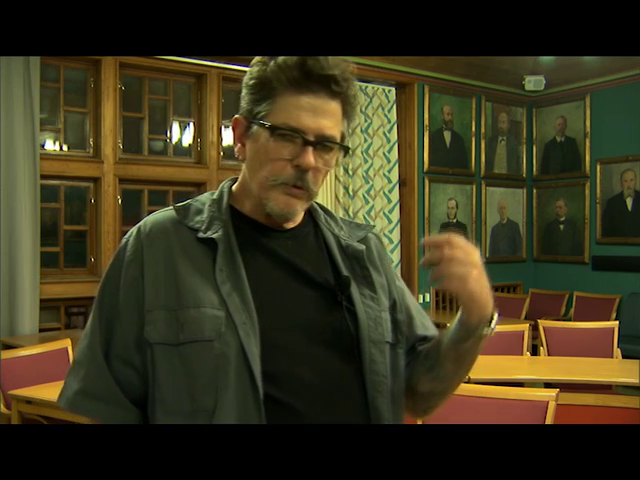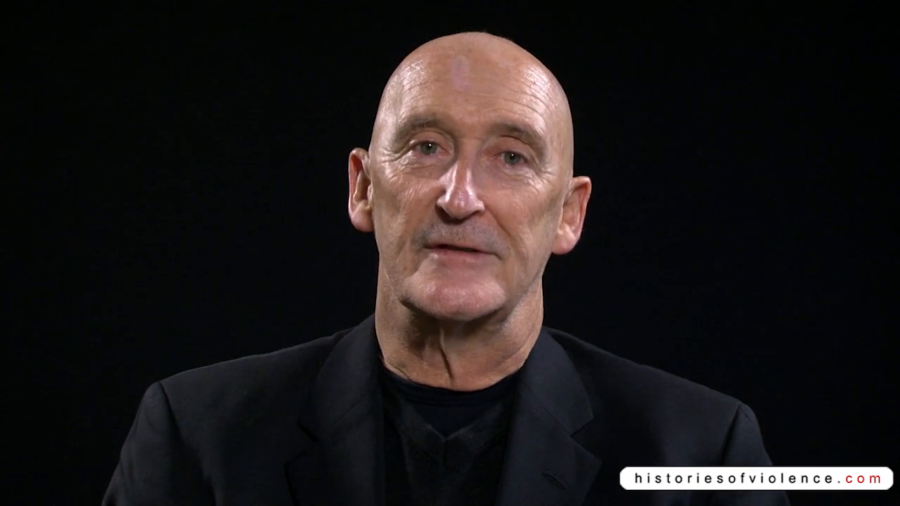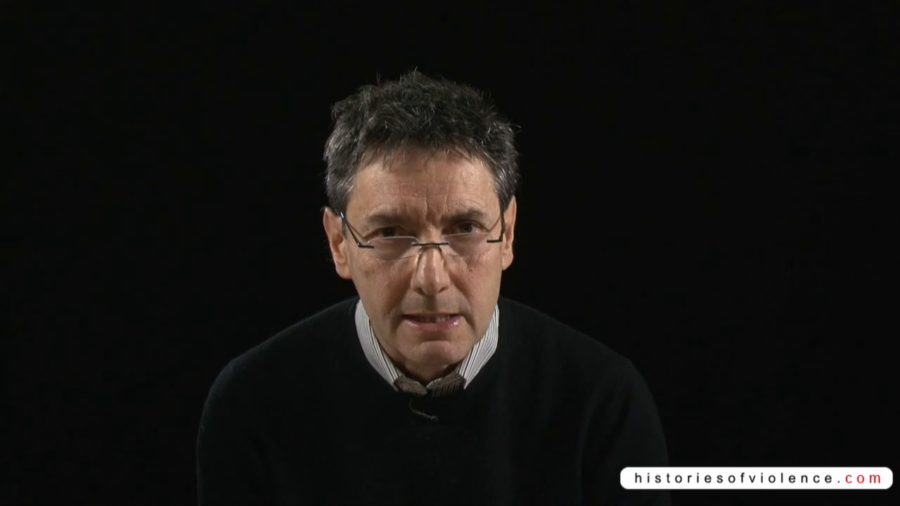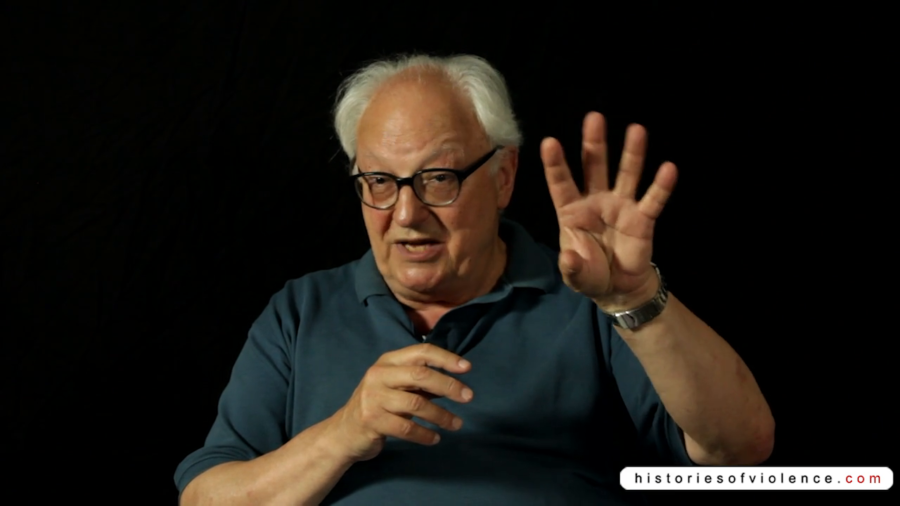It seems to me that every political order has its kind of official crap art, you know. The official crap art of the Soviet regimes was socialist realism. And the official crap art of neoliberal regimes, or orders, is sentimental humanism.
Archive (Page 1 of 2)

America is different than the rest of the countries in the world because it’s the only country I think that’s based upon the idea of team sport. Other countries are based on race, religion, tribe. The United States is the only country in the world that’s based on the idea of a team. Because there’s all these diverse different people, and we all work together for a goal. The problem is that America, because it is a team, its main objective is to win.

This idea of (re)performing the posthuman was pretty much based on a desire to talk about the cyborg ten years after, or fifteen years, twenty years after the Cyborg Manifesto and Katherine Hayles’ book became famous. And to really—yeah, to talk about maybe the normal cyborg, the normal technologized body. You know, technology in the everyday and its implications for the way we perceive and experience our bodies.

Irony is like sentimentality, a kind of violence to the form, to the narrative. And in a sense, these days we probably need a new term because irony is insufficient. It is the post-ironic moment. It is very hard in a vocabulary that has been so mediated and coopted by marketing, it is very hard for people to not be ironic, to not be snarky and sarcastic.

I’m not here going to think aloud about these various contestatory forms of evidence-giving, although much might be said about that in relation to thinking about violence. But rather to think about the Michael Brown shooting in Ferguson, Missouri and the kinds of police response to it in relation to the history of violence and the way in which race shapes said history of violence in a country like the United States…

I suppose Foucault has to be credited with talking about disposable life. And it’s interesting to me that at the very moment when he was giving the lectures on this topic, Henry Kissinger in the United States was admitting, or publishing, the results of the commission on sterilization. The idea was that sterilization should be encouraged in Third World countries in order to regulate the population.

My approach to the question of disposable lives is this: In an age of late capitalism, advanced technology, and mass media, are lives easier to dispose of now than in the past? And my response is, unfortunately, yes it is easier now. And this isn’t simply because of the technology that is available today that simply wasn’t available in the past.
I don’t understand the fear. And that’s the biggest threat. And the reason it’s a threat is it makes your judgment bad. You never make good decisions when you’re afraid. And it destroys your ability to clearly look at the facts and do something. You choke, in other words.



